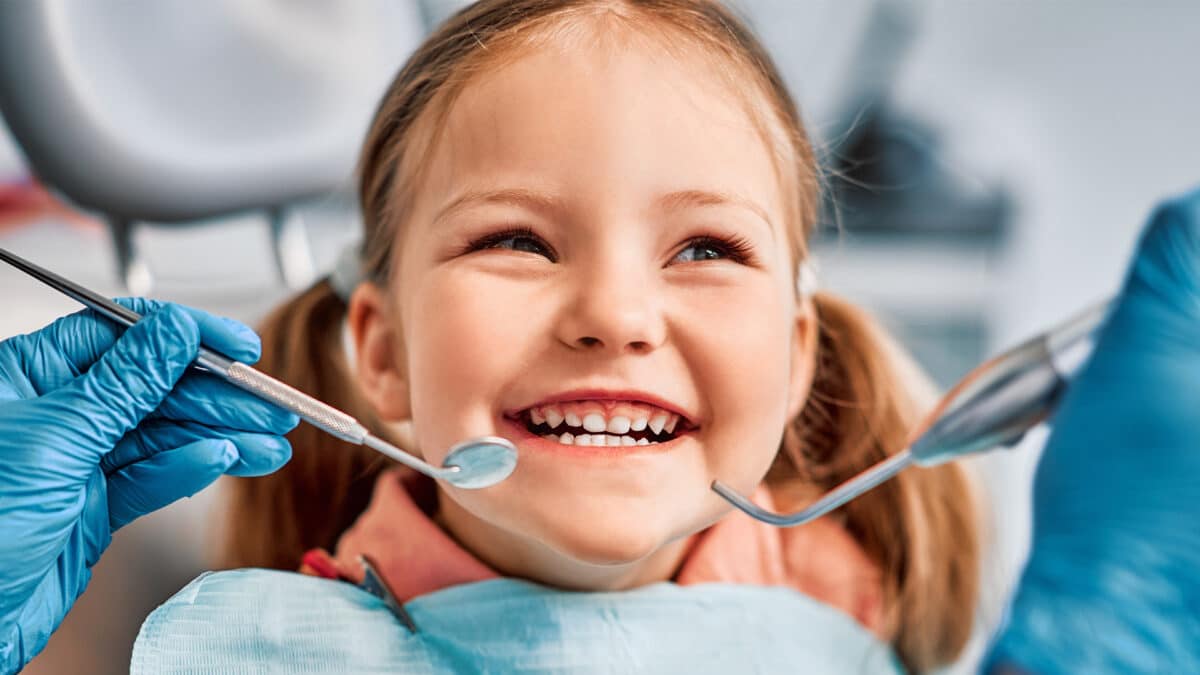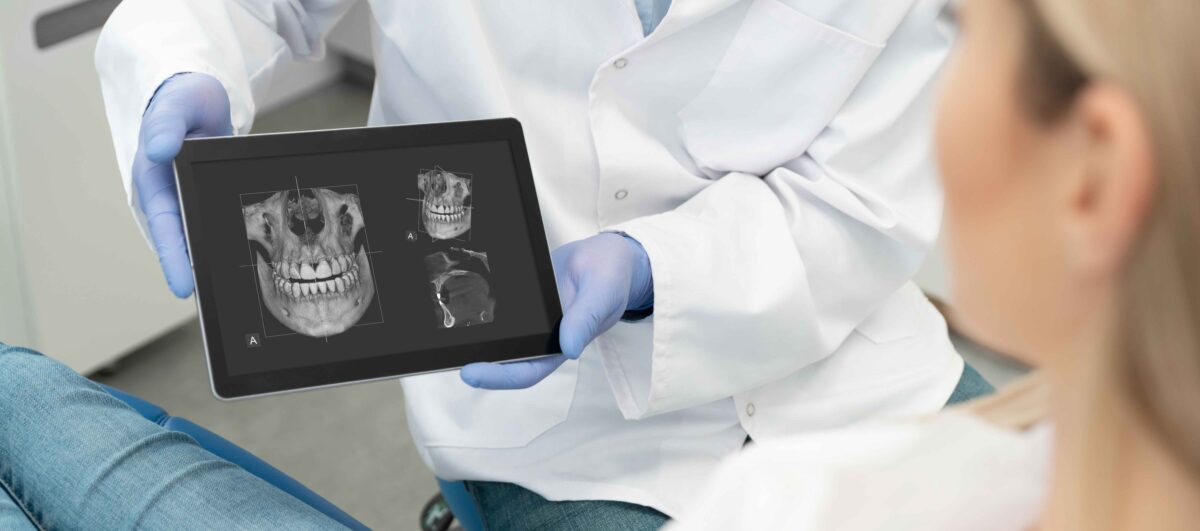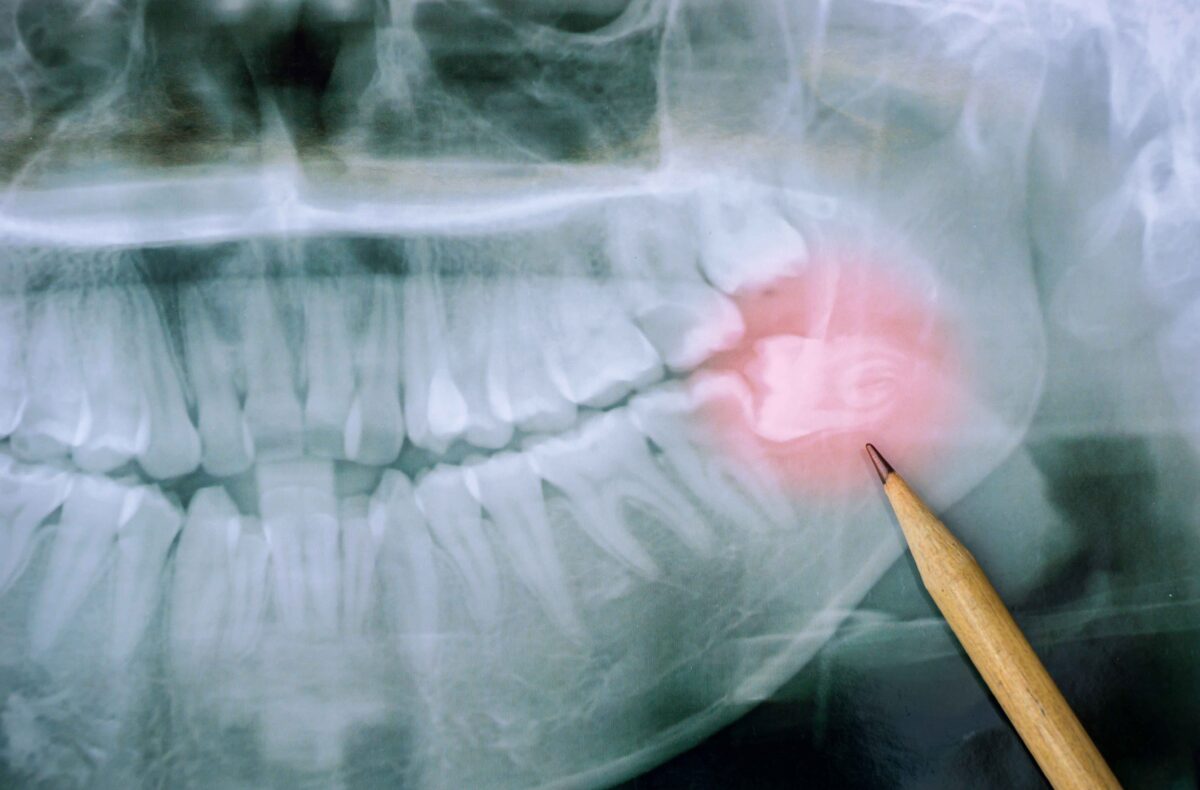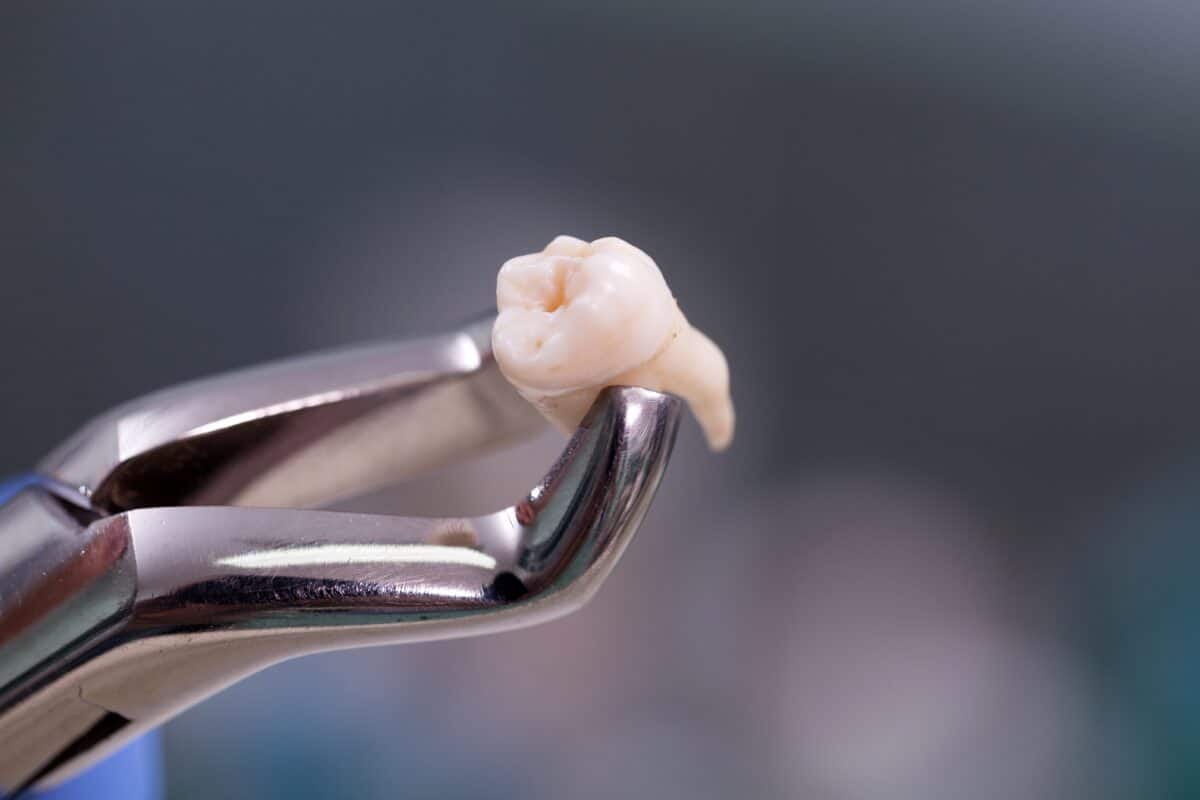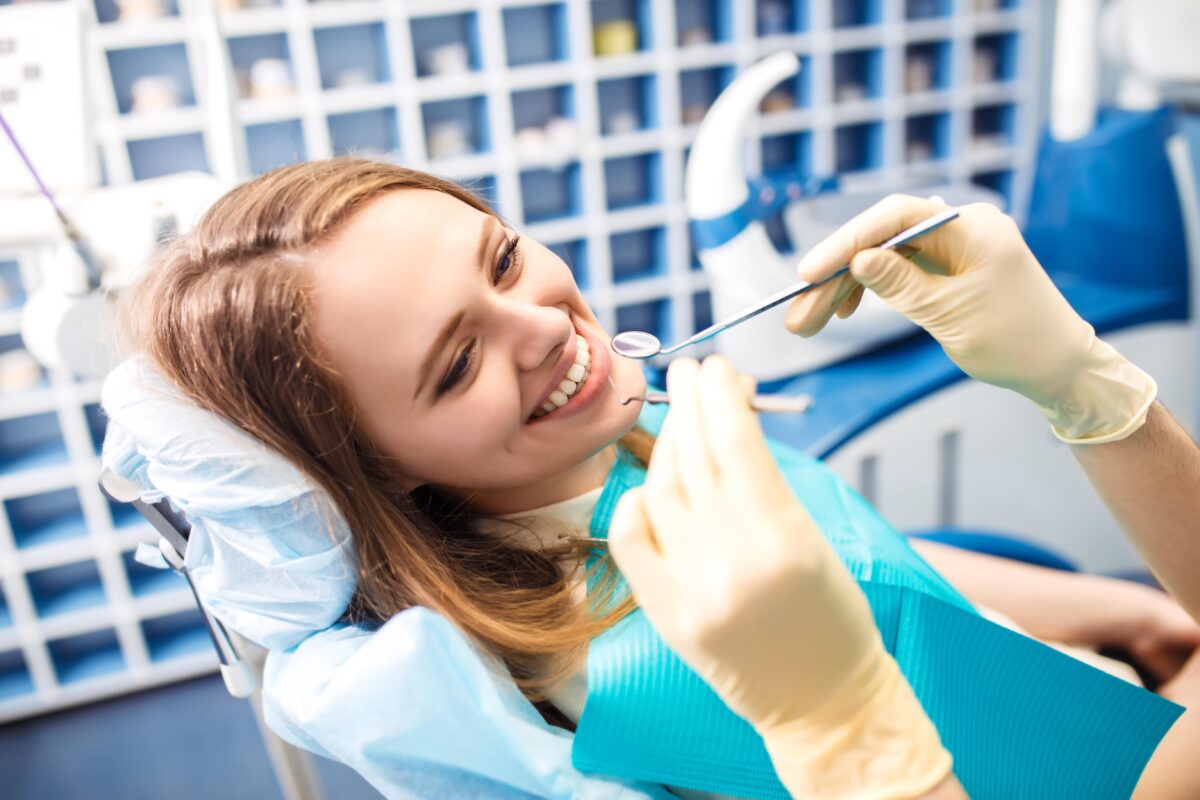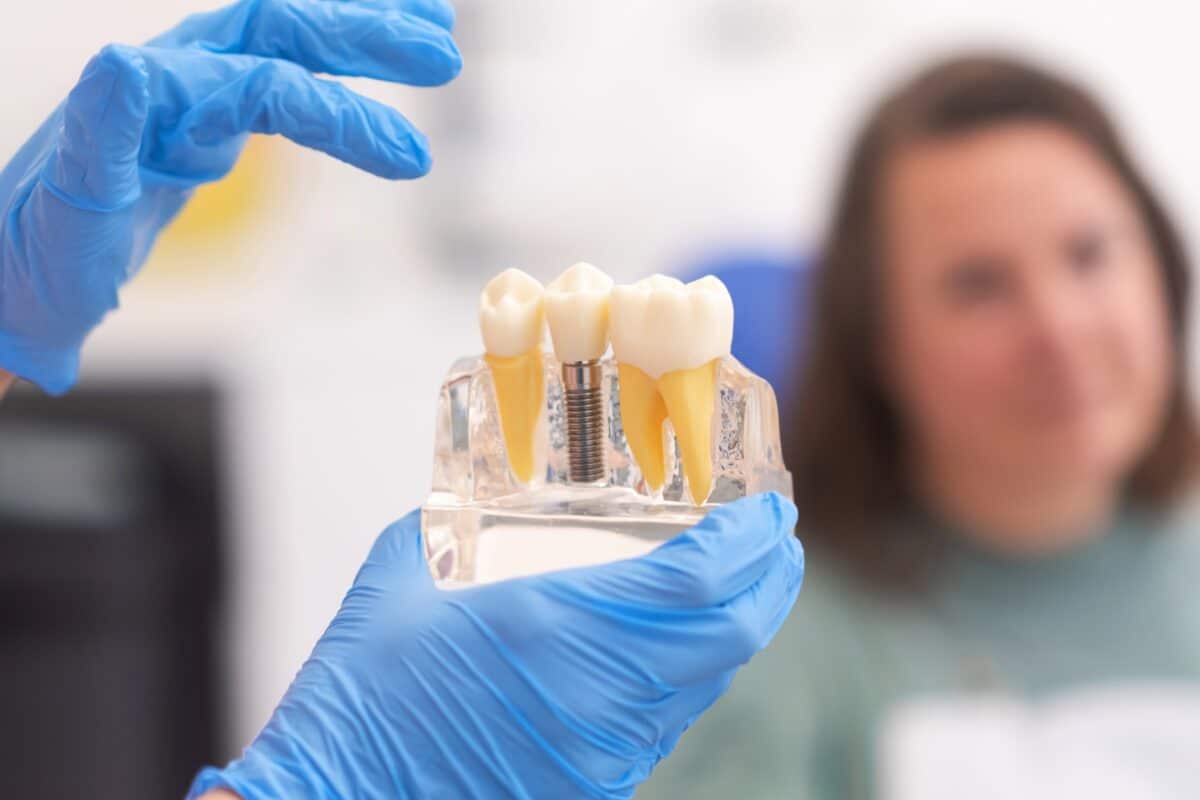Dental care is as old as humanity itself, with each culture having its unique traditions and practices. At Smith Dentalworks, we believe in learning from the global tapestry of dental wisdom to enhance our own practices. In this post, we explore some intriguing dental traditions from around the world, from ancient remedies to cultural rituals that have shaped modern dentistry.
Ancient Egyptian Dentistry: The Pioneers of Tooth Care
The Ancient Egyptians were among the first to develop the field of dentistry. They used a paste made from the ashes of oxen hooves, myrrh, eggshells, and pumice to clean their teeth. They also attempted to treat dental ailments with honey and herbs, showcasing an early understanding of antiseptic properties.
The Chew Sticks of Africa and the Middle East
Long before the modern toothbrush was invented, people in Africa and the Middle East cleaned their teeth with chew sticks made from the Salvadora persica tree. These twigs are still used today in many parts of the world for their natural antibacterial properties, which help clean teeth and freshen breath.
Mayan Dental Aesthetics: Precious Teeth
The Mayans went beyond mere functionality and ventured into dental aesthetics. They would beautify their teeth by embedding precious stones such as jade. This practice wasn’t only about decoration; it reflected status and religious significance, illustrating the cultural importance of teeth in Mayan society.
French Influence on Modern Dentistry
In 1728, Pierre Fauchard, a French surgeon, published “The Surgeon Dentist,” a comprehensive book that laid the foundation for modern dentistry. He introduced dental fillings as a treatment for cavities and developed the first orthodontic braces, significantly impacting how dental care is practiced today.
Japanese Ohaguro: Blackened Teeth
Ohaguro is a Japanese tradition where people, especially women, dyed their teeth black. It was primarily practiced by the married women and the aristocracy until the end of the 19th century. This custom was believed to enhance beauty, maintain oral hygiene, and prevent tooth decay.
Embracing Global Dental Wisdom at Smith Dentalworks
At Smith Dentalworks in Oro Valley, we draw inspiration from these rich traditions to provide innovative and comprehensive dental care. Understanding these global perspectives helps us appreciate the diversity of dental practices and the universal importance of oral health.
Discover More about Dental Tradities
Curious about more unique dental practices from around the world? Visit us at Smith Dentalworks to learn how historical insights can inform and improve modern dental care.
Schedule your visit today to explore a world of dental traditions and find out how we incorporate global wisdom into our dental practice.

